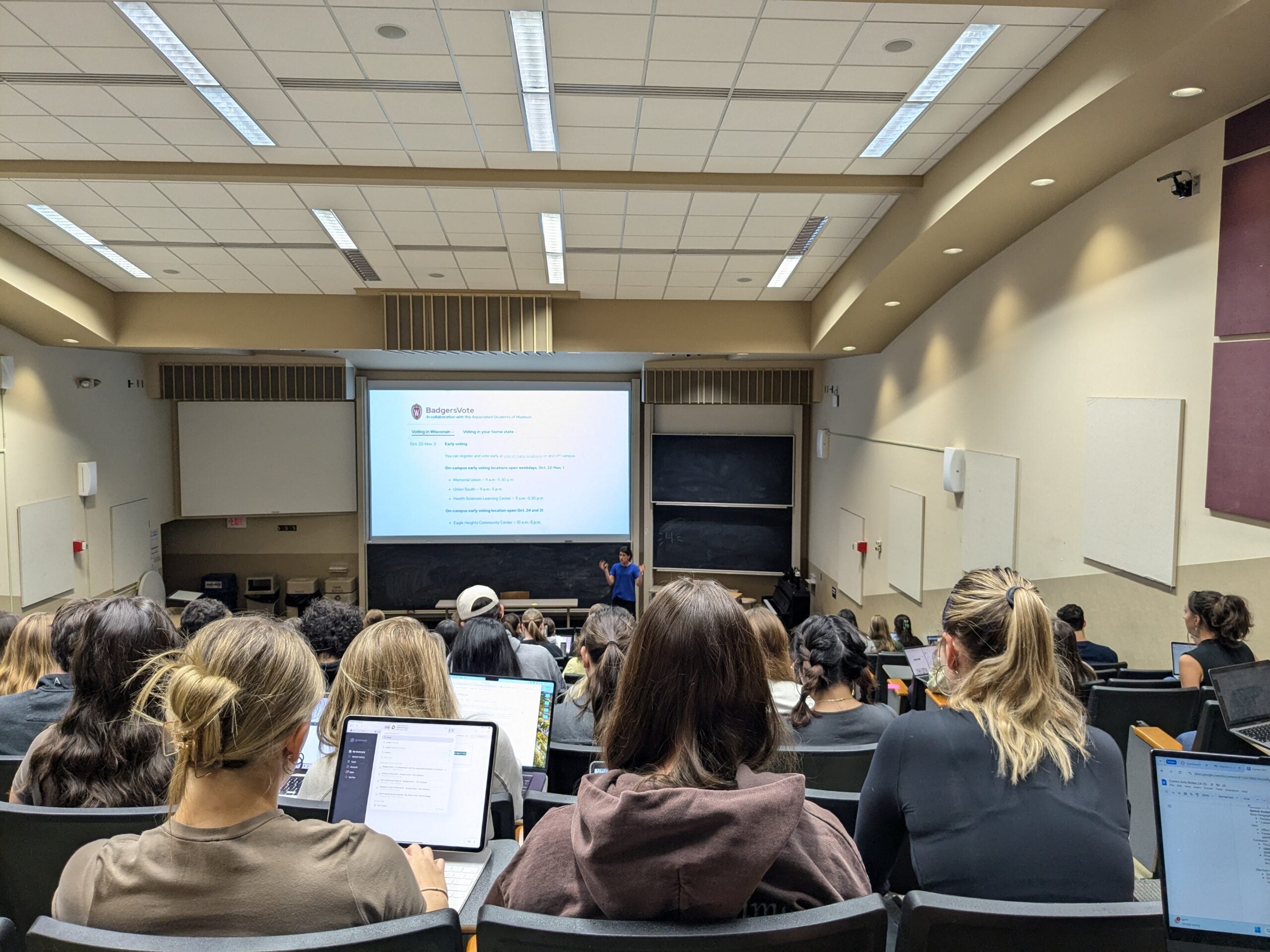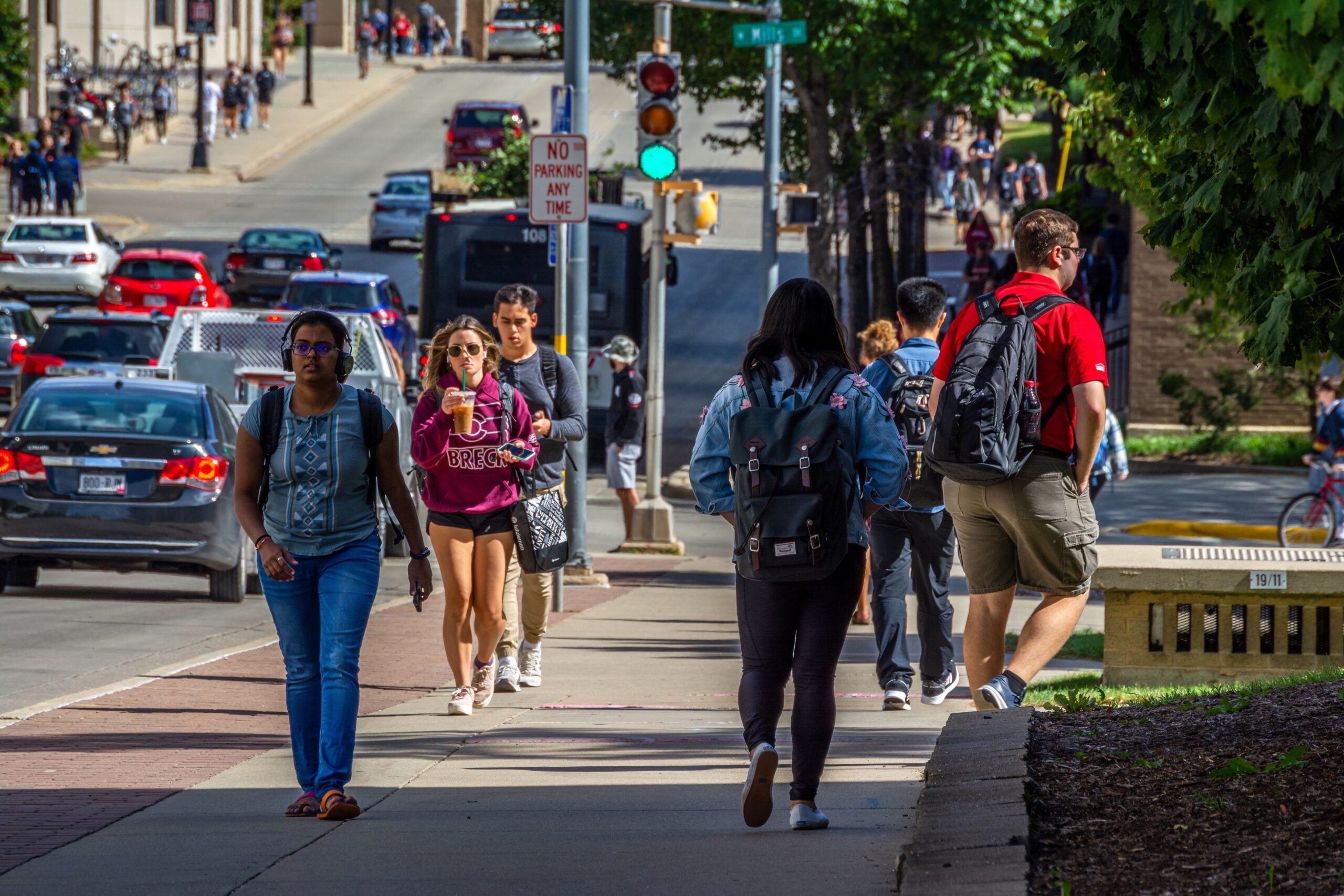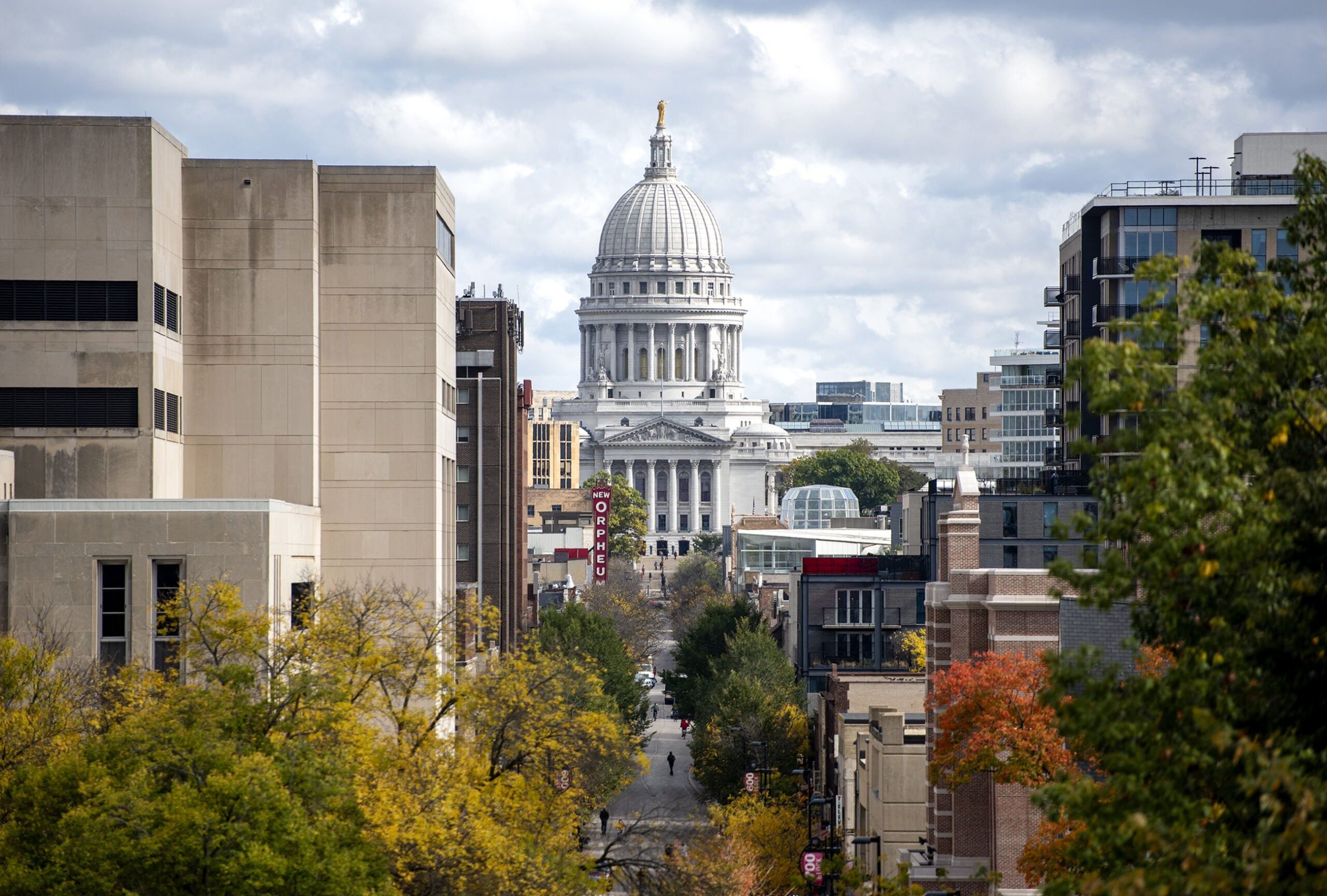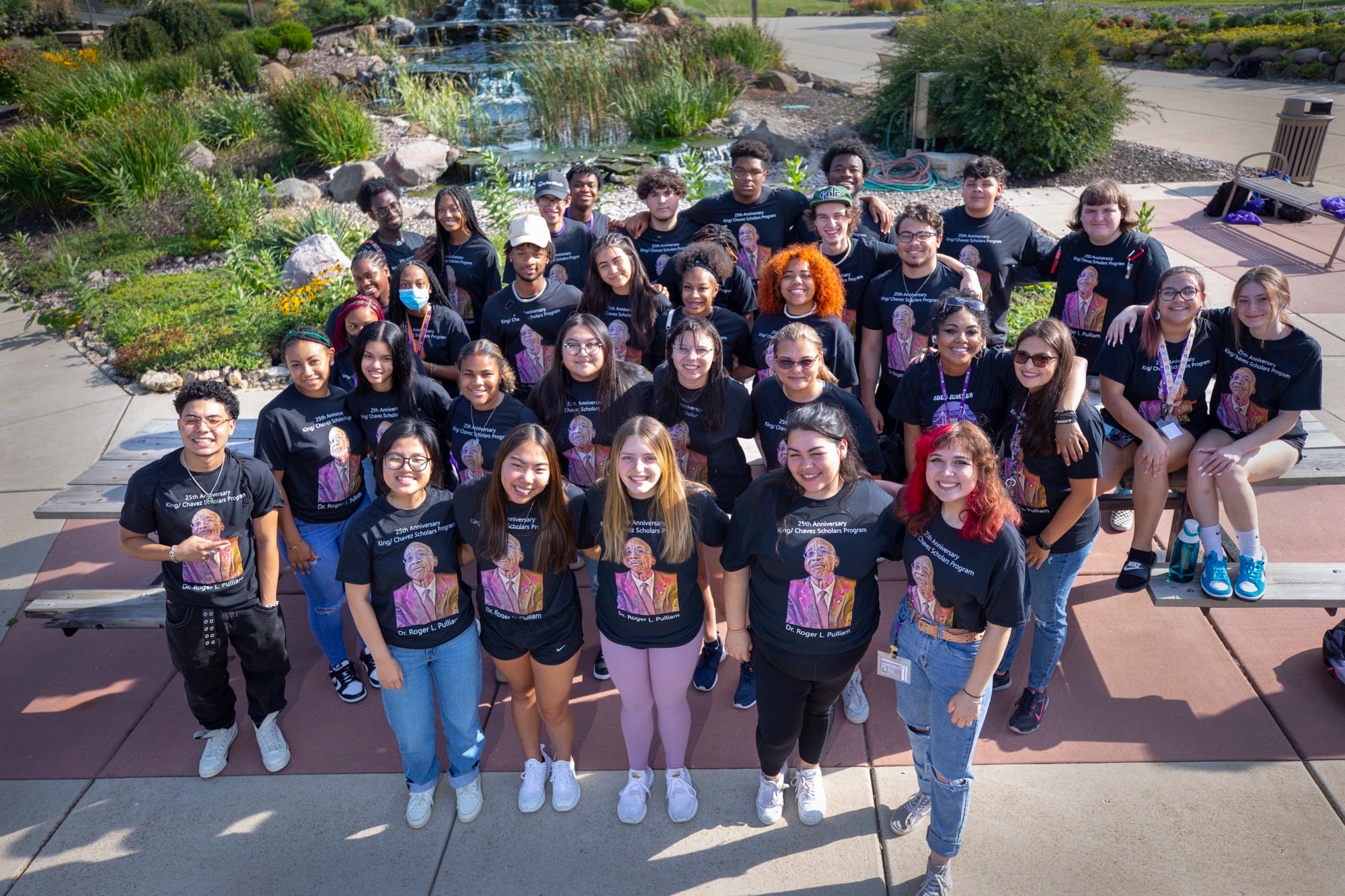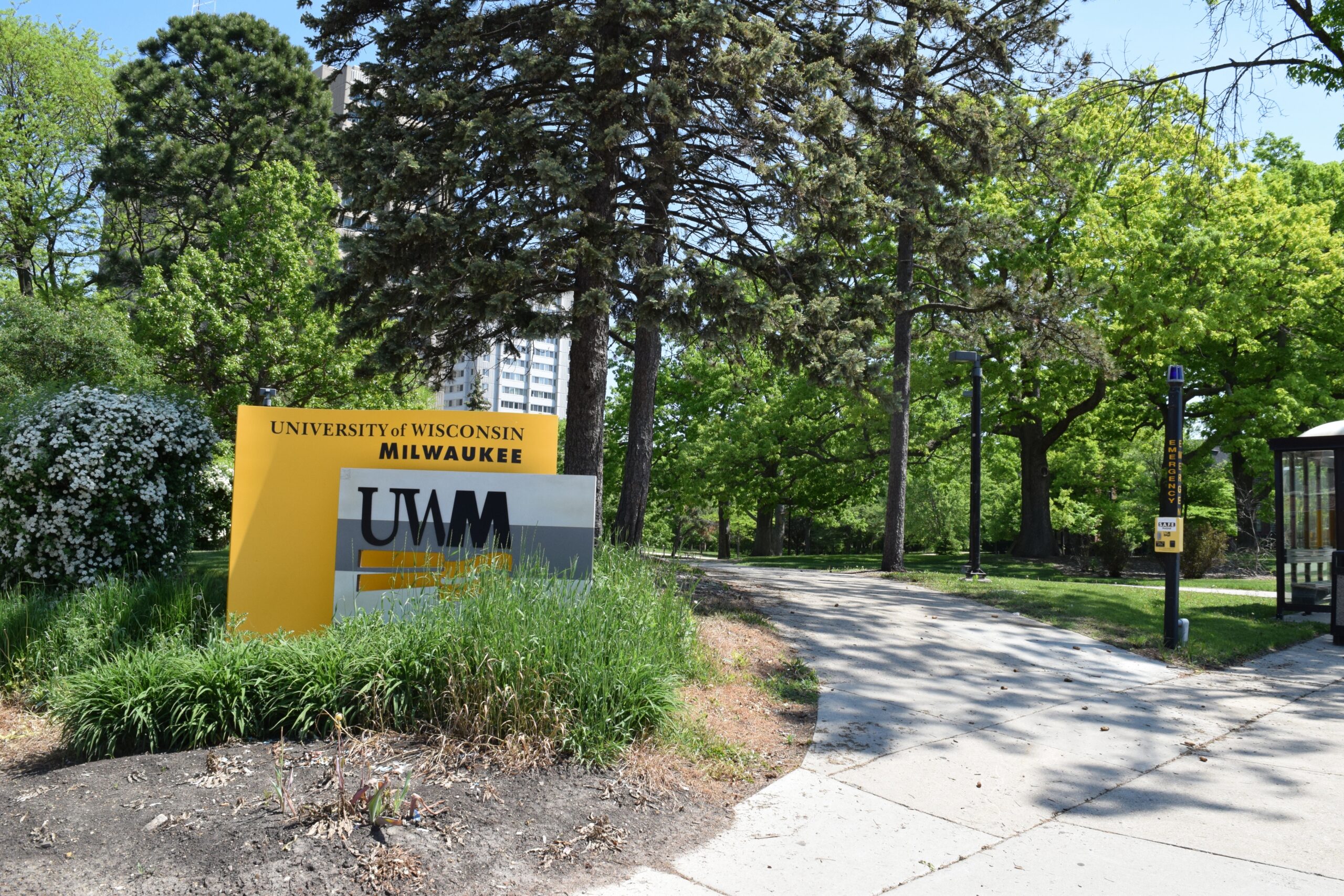Irma reached the United States over the weekend and was downgraded to a tropical storm Monday. We’ll check in on the damage the storm is causing and how people in Irma’s path are faring. Meanwhile, major wildfires continue to burn in the western United States. Our guest talks about the conditions that led to the fires and how air quality is being affected. Also, we learn about a new grant program at UW-Milwaukee that helps low-income students struggling with the day-to-day costs of college.
Featured in this Show
-
Irma Has Reached The U.S. What Damage Has It Caused And What's Next?
As Irma moves further inland in the southeastern United States, it’s left behind a trail of debris, severe flooding and power outages. We talk with a meteorologist about the damage caused thus far, Irma’s downgrade from hurricane to tropical storm and what may be ahead as the storm continues on its path.
-
Western Wildfire Update
As wildfires continues to burn in parts of Washington, Oregon, California, and Montana, our guest talks about the conditions that contributed to this year’s fire season and what it means for air quality in the West and nationwide.
-
UW-Milwaukee Emergency Grant Helps Students Offset Everyday Costs
When the high cost of college collides with unexpected expenses like car repairs or medical emergencies, some students can be left choosing which bills to pay. A new emergency grant program at the University of Wisconsin-Milwaukee aims to ease the stress for students in need. The school’s interim Dean of Students is with us to discuss the details.
-
New UW-Milwaukee Grant Offers Emergency Aid To Students In Crisis
When Hurricane Harvey hit, a University of Wisconsin-Milwaukee student finishing her degree remotely in Houston couldn’t get back to work. In turn, she couldn’t pay her rent.
Typically, that can be enough for a student to drop out, says Rebecca Freer, interim dean of students at UW-Milwaukee.
Thanks to a new grant program, this student didn’t have to put an end to her studies.
Beginning this month, UW-Milwaukee is offering one-time emergency grants to low-income students. The grants, which go up to $1,000, are designated to cover non-educational expenses such as rent, medical treatments or car repairs in times of crisis.
Freer said when it comes to college costs, many only think of tuition, but hidden day-to-day costs can affect college attendance.
Forty percent of UW-Milwaukee students are classified as low-income, Freer said, making them extremely price-conscious. Students often stretch their income to make college work, depending on a part-time job during the school year and full-time work over breaks to pay the bills.
Some of the students the grant program is aimed at are nontraditional students — students with children who have returned to school in search of a better career; first-generation college students still trying to navigate college. Regardless of their background, many don’t have extra money in the case of a crisis.
“Students just aren’t anticipating them,” Freer said. “And when they do get them, they often don’t have any options. And so sometimes they withdraw or drop out for a little bit so they can get their lives back in order and afford rent or a car bill.”
Other times, students will go without textbooks or skip meals to stay in school.
In a university-wide survey last year, half of student respondents said they had gone at least an entire day without eating. More than 80 percent of those students said it happened within the past month.
“So we know it’s happening a lot,” Freer said. “We know our students are doing without more so than, perhaps than, they’ve ever had to do in the past.”
Other grants this month went to students who needed emergency help with car expenses so they could commute to school. The grants are paid directly to vendors, and can’t be used for credit card bills, tuition, books or entertainment.
Freer said the university expects to award between 500 and 1,000 grants this year. According to UW-Milwaukee’s news release, between 8,000 and 9,000 students are eligible to apply. Successful applicants must have completed a Free Application for Federal Student Aid, have undergraduate student status, and an estimated family contribution of $7,000 or less per year.
The grant money is funded through Great Lakes Higher Education Corporation, a student loan servicer and corporate philanthropy based in Madison. UW-Milwaukee was one of 32 colleges and universities to receive grant money this year from Great Lakes.
UW-Green Bay, UW-Platteville, and UW-Whitewater were also recipients.
Ultimately, the goal of the grant money is to keep students in school and help them graduate, Freer said.
“What we wanted to help them do is minimize some of that burden,” she said. “So that we can take their drive and their commitment to their community, and their passion for success, and their problem solving nature, and help them thrive.”
UW-Milwaukee students can apply for the grant at uwm.edu/deanofstudents.
Episode Credits
- Rob Ferrett Host
- Breann Schossow Producer
- Veronica Rueckert Producer
- Dean Knetter Producer
- Jonathan Erdman Guest
- John Hopewell Guest
- Rebecca Freer Guest
Wisconsin Public Radio, © Copyright 2024, Board of Regents of the University of Wisconsin System and Wisconsin Educational Communications Board.

